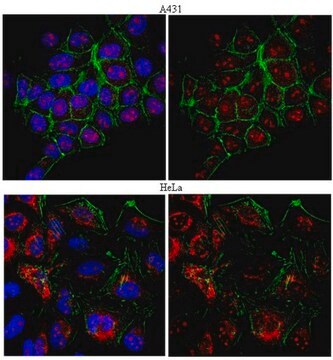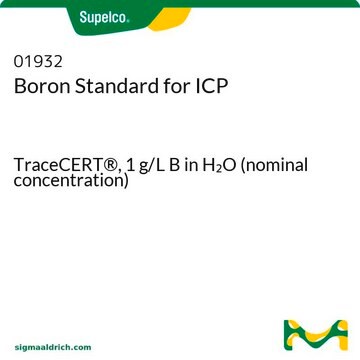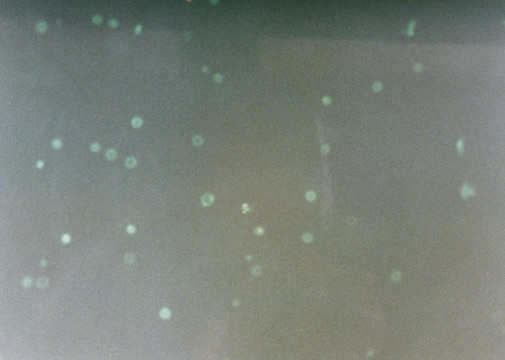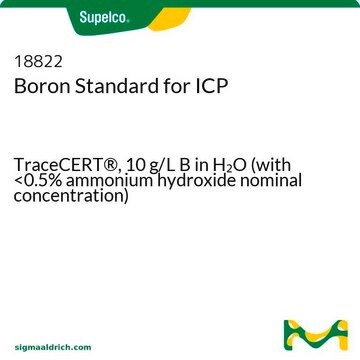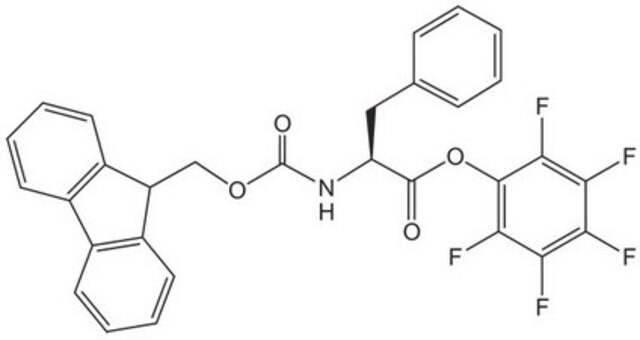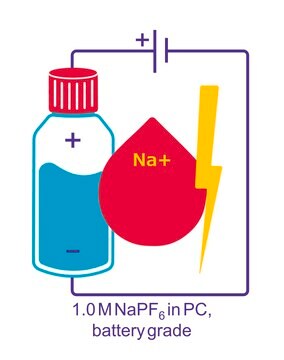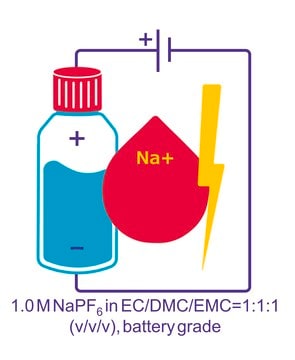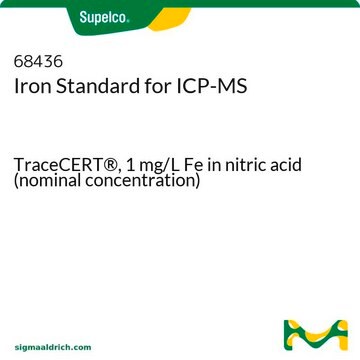About This Item
Recommended Products
grade
SAJ first grade
vapor density
4.46 (vs air)
vapor pressure
1.9 mmHg ( 20 °C)
Assay
≥98.0%
form
liquid
autoignition temp.
594 °F
expl. lim.
10 %
availability
available only in Japan
refractive index
n20/D 1.417 (lit.)
pH
11.1 (20 °C, 1 g/L)
bp
159 °C (lit.)
mp
−62 °C (lit.)
density
0.767 g/mL at 25 °C (lit.)
SMILES string
CCCCNCCCC
InChI
1S/C8H19N/c1-3-5-7-9-8-6-4-2/h9H,3-8H2,1-2H3
InChI key
JQVDAXLFBXTEQA-UHFFFAOYSA-N
Looking for similar products? Visit Product Comparison Guide
Signal Word
Danger
Hazard Statements
Precautionary Statements
Hazard Classifications
Acute Tox. 2 Inhalation - Acute Tox. 3 Dermal - Acute Tox. 4 Oral - Eye Dam. 1 - Flam. Liq. 3 - Skin Corr. 1A
Storage Class Code
3 - Flammable liquids
WGK
WGK 1
Flash Point(F)
104.9 °F - closed cup
Flash Point(C)
40.5 °C - closed cup
Personal Protective Equipment
Regulatory Listings
Regulatory Listings are mainly provided for chemical products. Only limited information can be provided here for non-chemical products. No entry means none of the components are listed. It is the user’s obligation to ensure the safe and legal use of the product.
FSL
Flammable liquids
Type 2 petroleums
Hazardous rank III
Water insoluble liquid
ISHL Indicated Name
Substances Subject to be Indicated Names
ISHL Notified Names
Substances Subject to be Notified Names
JAN Code
07-1490-5-500ML-J:4.548173005928E12
Choose from one of the most recent versions:
Certificates of Analysis (COA)
Don't see the Right Version?
If you require a particular version, you can look up a specific certificate by the Lot or Batch number.
Already Own This Product?
Find documentation for the products that you have recently purchased in the Document Library.
Our team of scientists has experience in all areas of research including Life Science, Material Science, Chemical Synthesis, Chromatography, Analytical and many others.
Contact Technical Service